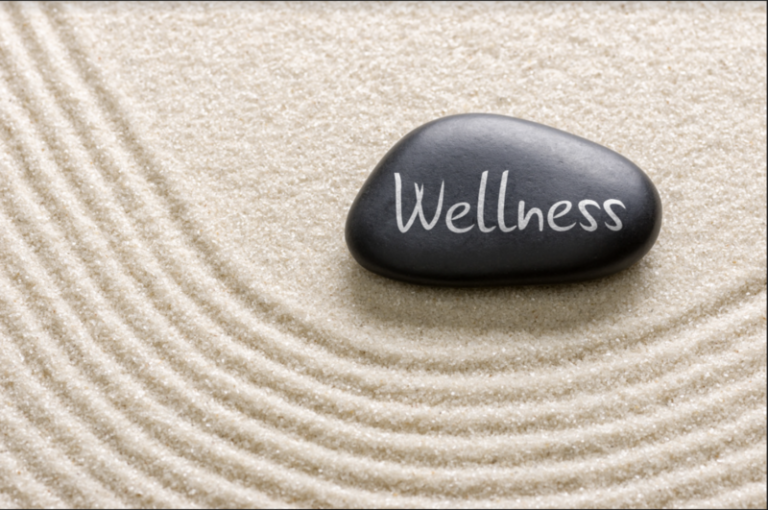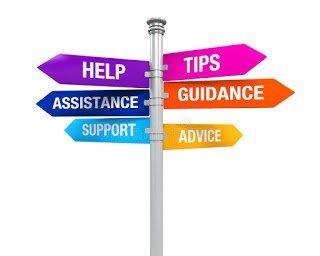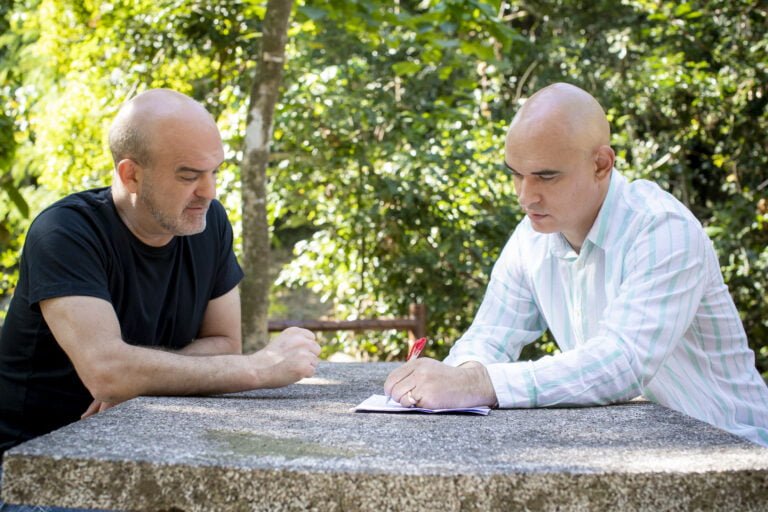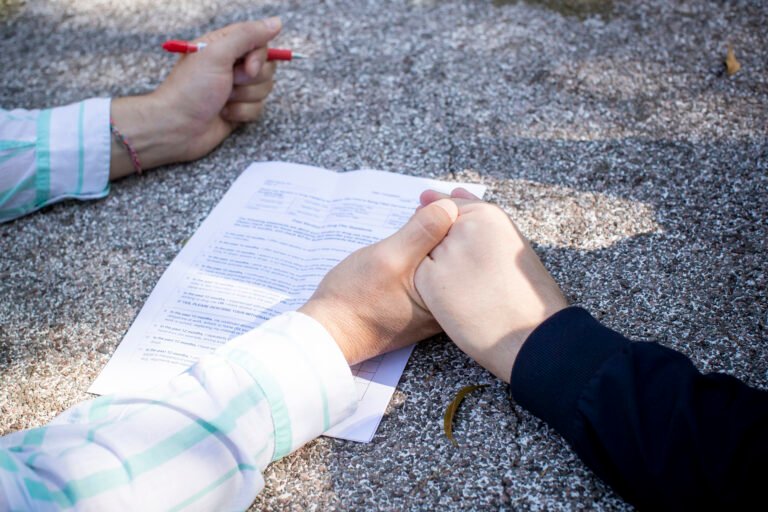The HOW Of Recovery
The acronym of HOW stands for honesty, open–mindedness, and willingness. Honesty to admit that there may be a problem shows up in different areas; here are a few examples of relationships, finances, health, careers, and the individuals’ own mental and emotional states. Open–mindedness is about being willing to become open to new ideas, new concepts, new practices, essentially becoming teachable and open to a new way of living that is infinitely better. Willingness is willing to do all the above, more importantly, ready to let go, willing to disregard old thought patterns and behaviors that are not working or that are not conducive to ongoing recovery. Willingness is about looking at past hurts, resentments, disappointments, trauma, and fears to build a solid foundation and live in a culture of recovery and wellness.

The HOW Explained :
- Candidly assess your situation and recognize the areas of your life that require improvement.
- Be truthful with yourself about the need for recovery.
- Embrace new ideas, perspectives, and approaches to challenges.
- Demonstrate a willingness to try different strategies and therapies that may contribute to your recovery.
- Cultivate and strengthen your determination to overcome obstacles.
- Set achievable goals and work towards them with commitment and persistence.
You should always remember that your path to recovery is individualized and seeking professional guidance when necessary can play a crucial role in your journey. Tailor these principles to your specific situation and needs and applying them with flexibility and self-awareness can contribute to a more successful and sustainable recovery process.
A general guide on the "HOW" of recovery :
-
Self-Reflection and Acceptance:
- Begin by introspecting your current situation and accepting it. Acknowledge the need for recovery and embrace a positive mindset.
-
Set Clear and Attainable Goals:
- Define specific, measurable, and realistic goals. Break them down into smaller, manageable steps to make the recovery journey more achievable.
-
Seek Professional Guidance:
- Consult with professionals relevant to your situation, such as doctors, therapists, or counselors. Their expertise can provide valuable insights and guidance tailored to your needs.
-
Build a Support System:
- Surround yourself with supportive friends, family, or join support groups. Having a strong support system can offer encouragement, understanding, and practical assistance during challenging times.
We have seen from our experience that individuals who attend regular support groups and get professional help do stay in recovery and wellness. We at Recovery852 do not claim that recovery is easy (of course it can be), but many find it challenging, most notably in the beginning. Compared to the pain and suffering active addiction brings, recovery is most certainly the more comfortable, softer way. Our primary purpose is to guide, nurture, and coach the individual, making the navigation process so much easier and achievable.
Recovery essentially is about unlearning and being open to learning and putting new practices and belief systems into practice. Recovery is about reconnecting with self, lack of connection with oneself and others, keeps an individual in chaos, conflict, and crisis. By establishing accountability, consistency, and perseverance, the individual can reconnect and move into recovery and wellness.

Get in touch!
- Different Types of Addiction
- Support Network In Recovery From Addiction
- Effective Treatment for Addictive Behaviours
- Cognitive Behavioural Therapy For Addiction
- Setting Realistic And Reachable Wellness Goals In Recovery
- How Addiction Affects Families
- Sober Curious: A Movement For Change
- The Five Rules Of Recovery
- What Is Acceptance and Commitment Therapy?
- Mental Health 102: Understanding Depression
- Unpacking Wine Mom Culture
- The Dangers of Addiction Replacement
- Nurtured By Nature: Nature In Addiction Recovery
- The 12 Steps For Atheists
- A Deeper Look Into Dual Diagnosis
- Financial Wellness in Addiction Recovery
- How Does Stress Affect Addiction?
- Mental Health 101: Understanding Anxiety Disorders
- Talking About Marijuana Use Disorder
- Yoga Practices in Addiction Recovery
















